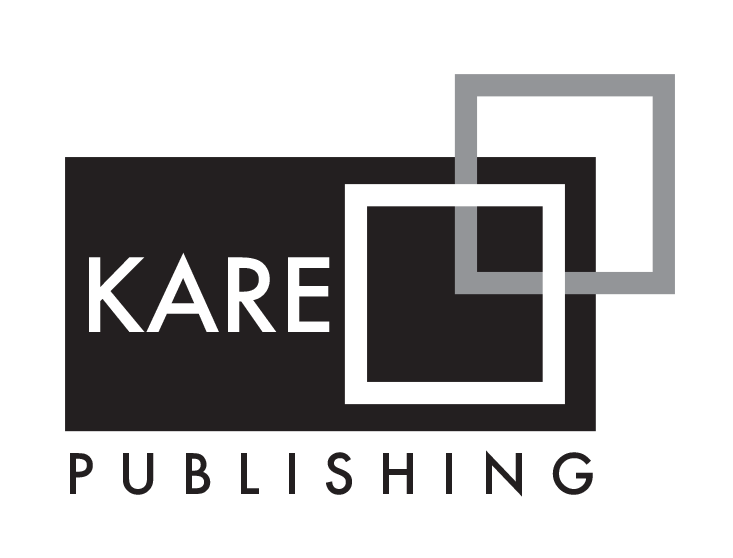2Department of Nutrition and Dietetics, Kent University, Faculty of Health Sciences, İstanbul, Türkiye
3Department of Internal Medicine, Division of Gastroenterology, Gazi University, Faculty of Medicine, Ankara, Türkiye
Abstract
Objective: This study aimed to evaluate the relationship between dietary inflammatory index scores and inflammatory markers in patients with ulcerative colitis in remission.
Methods: In this cross-sectional study conducted at the Gastroenterology Clinic of Gazi University Medical Center between February and July 2016, we included 44 patients (17 women and 27 men, aged 19–65 years). The average ages were 49.1±11.67 years for men and 45.3±10.7 years for women. The study involved assessing patients' dietary habits and recording their food consumption. Inflammatory markers, including C-reactive protein (CRP) and leukocyte count, were obtained from routine biochemical results. Fecal calprotectin levels were determined by analyzing stool samples collected after face-to-face interviews with patients.
Results: The average CRP levels for men were 4.6±2.56 mg/dL, and for women, 4.4±1.95 mg/dL. The average calprotectin levels were 251.7±240.6 µg/g for men and 322.2±262.66 µg/g for women. We observed positive and statistically significant correlations between the dietary inflammatory index and CRP (r=0.60; P<0.001). Additionally, significant correlations were found between various quartile levels (Q1–Q2, Q1–Q3, Q1–Q4, Q2–Q4, and Q3–Q4) in calprotectin level assessment (rho=0.864, P<0.001).
Conclusion: The dietary inflammatory index significantly influences inflammatory markers and the disease course in patients with ulcerative colitis. However, further comprehensive studies with larger sample sizes are needed to corroborate these findings.

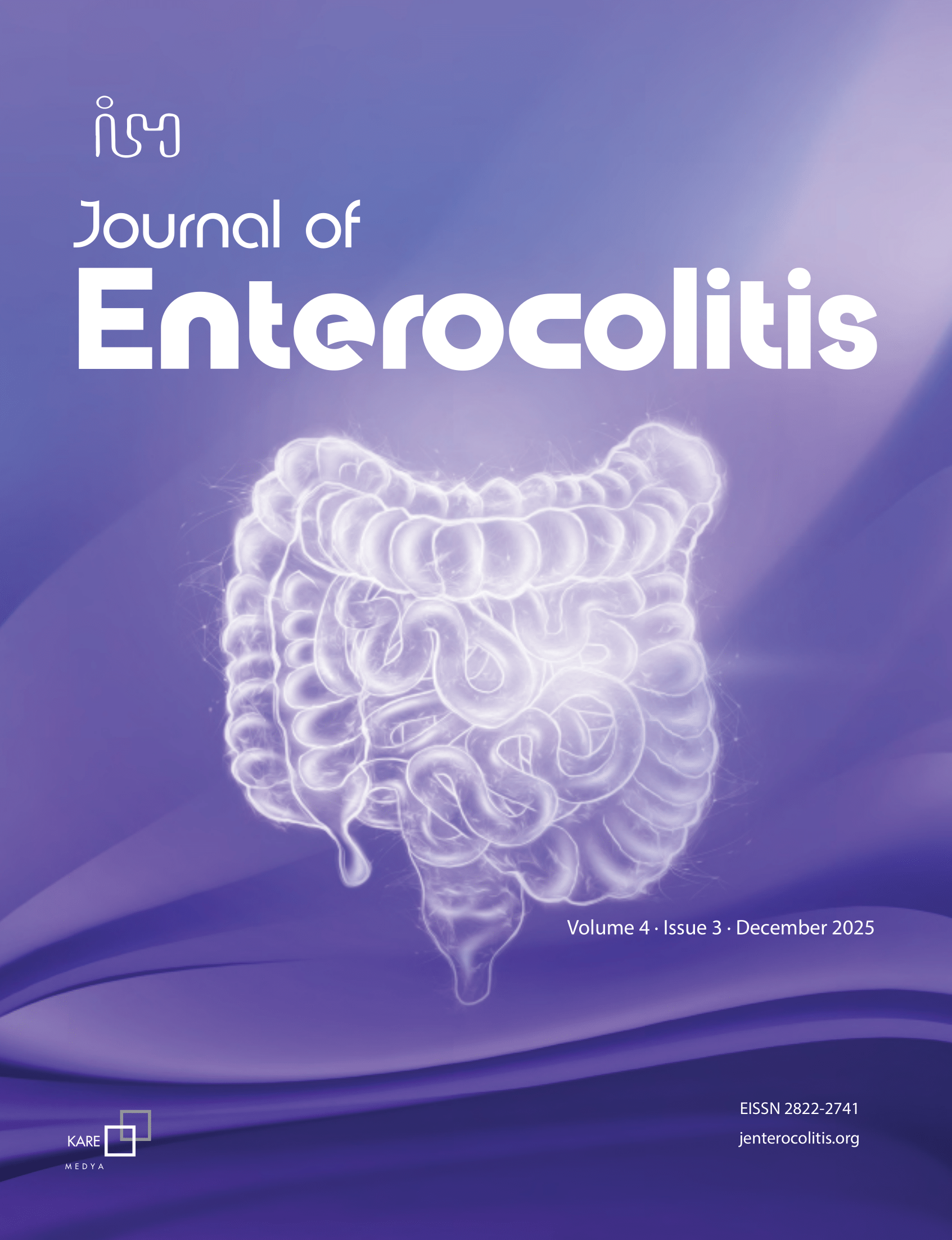
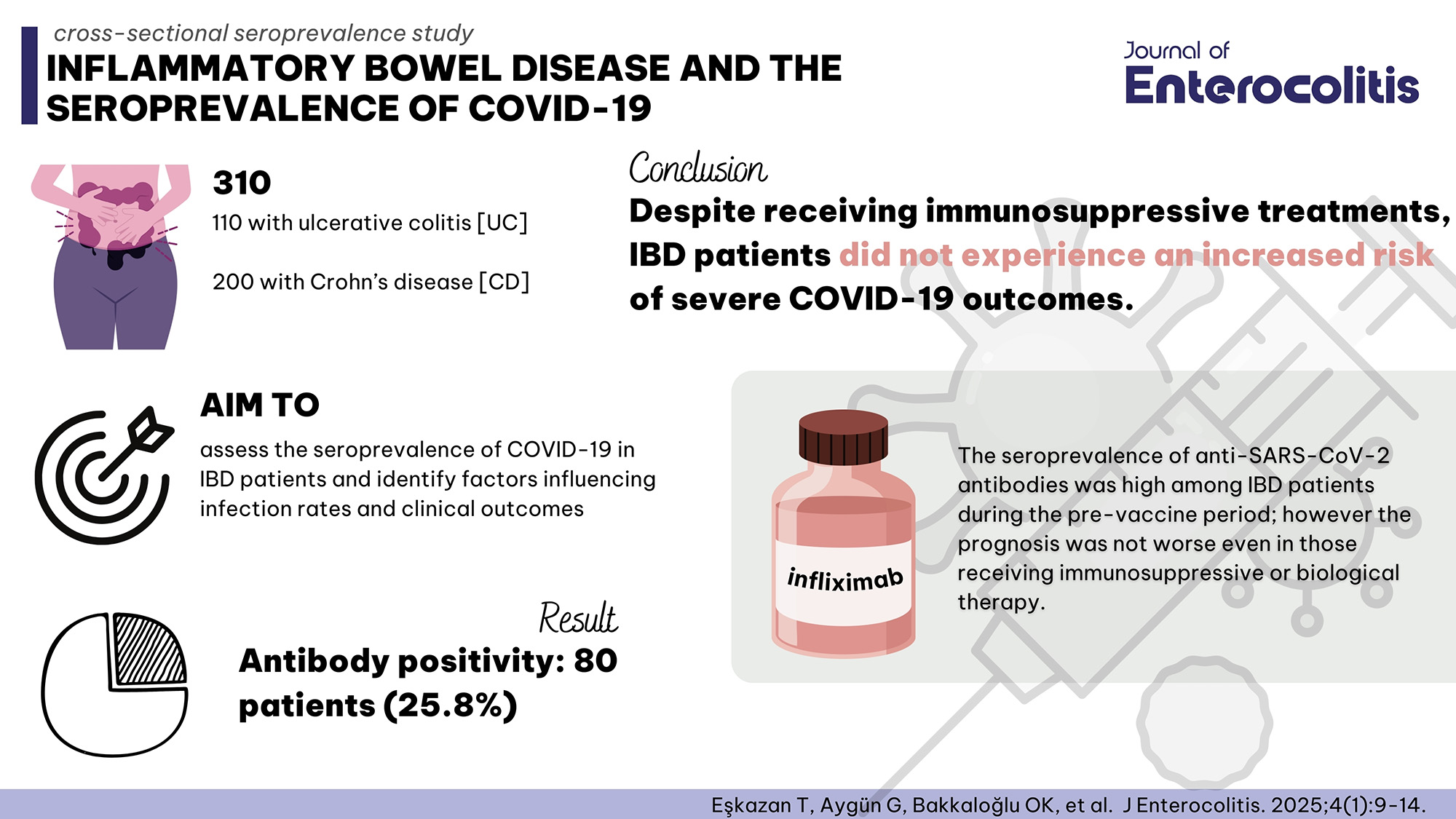
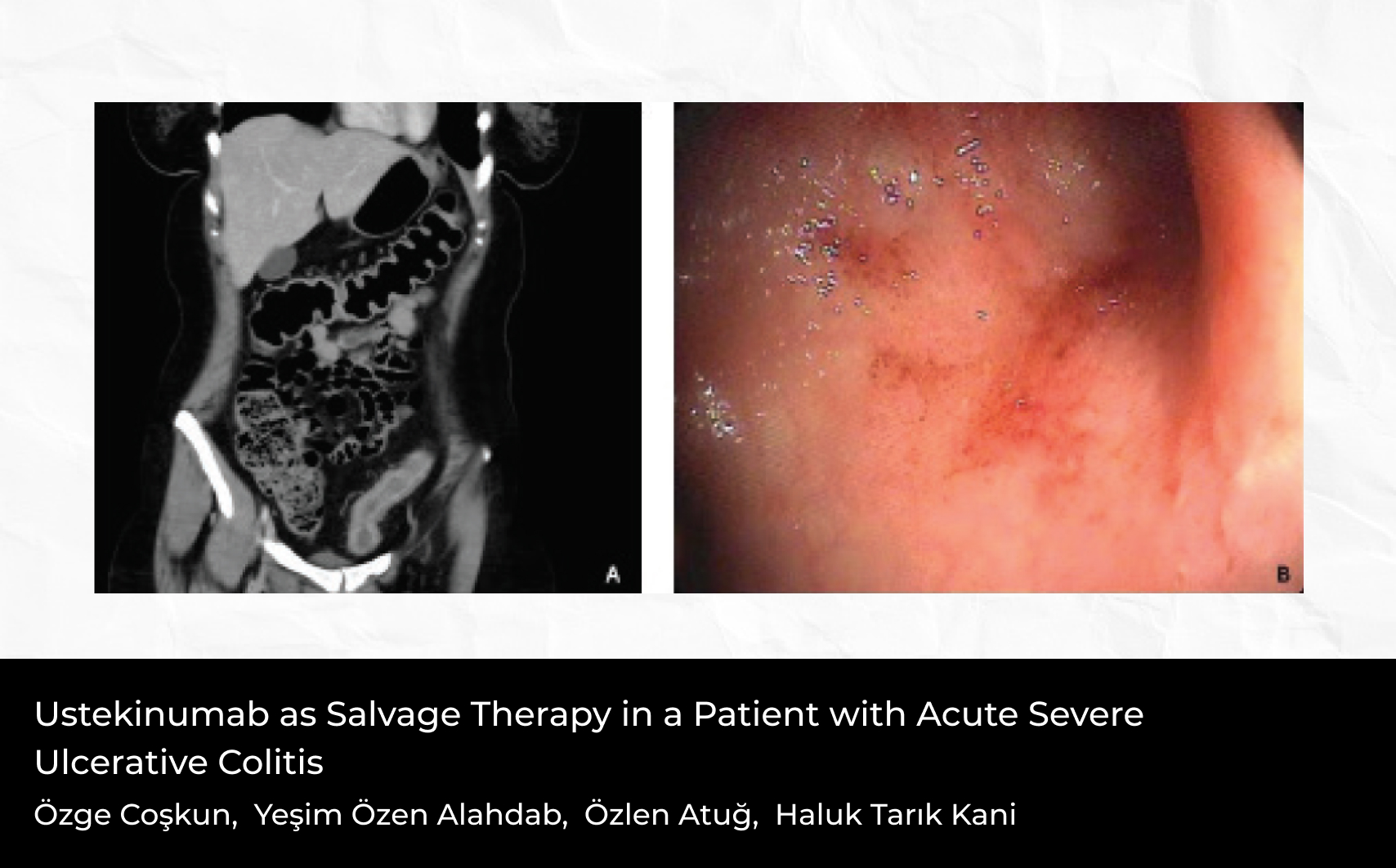
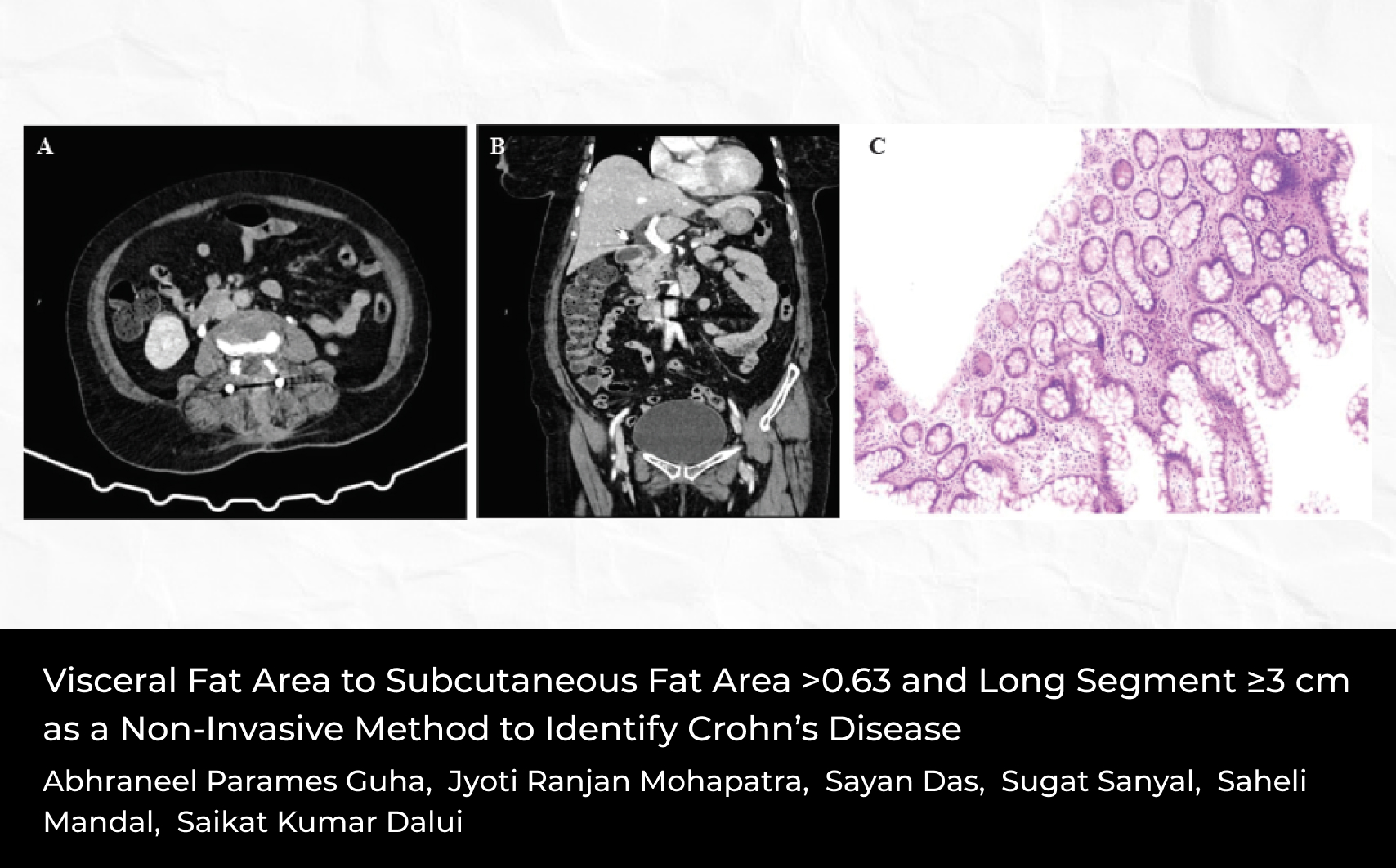
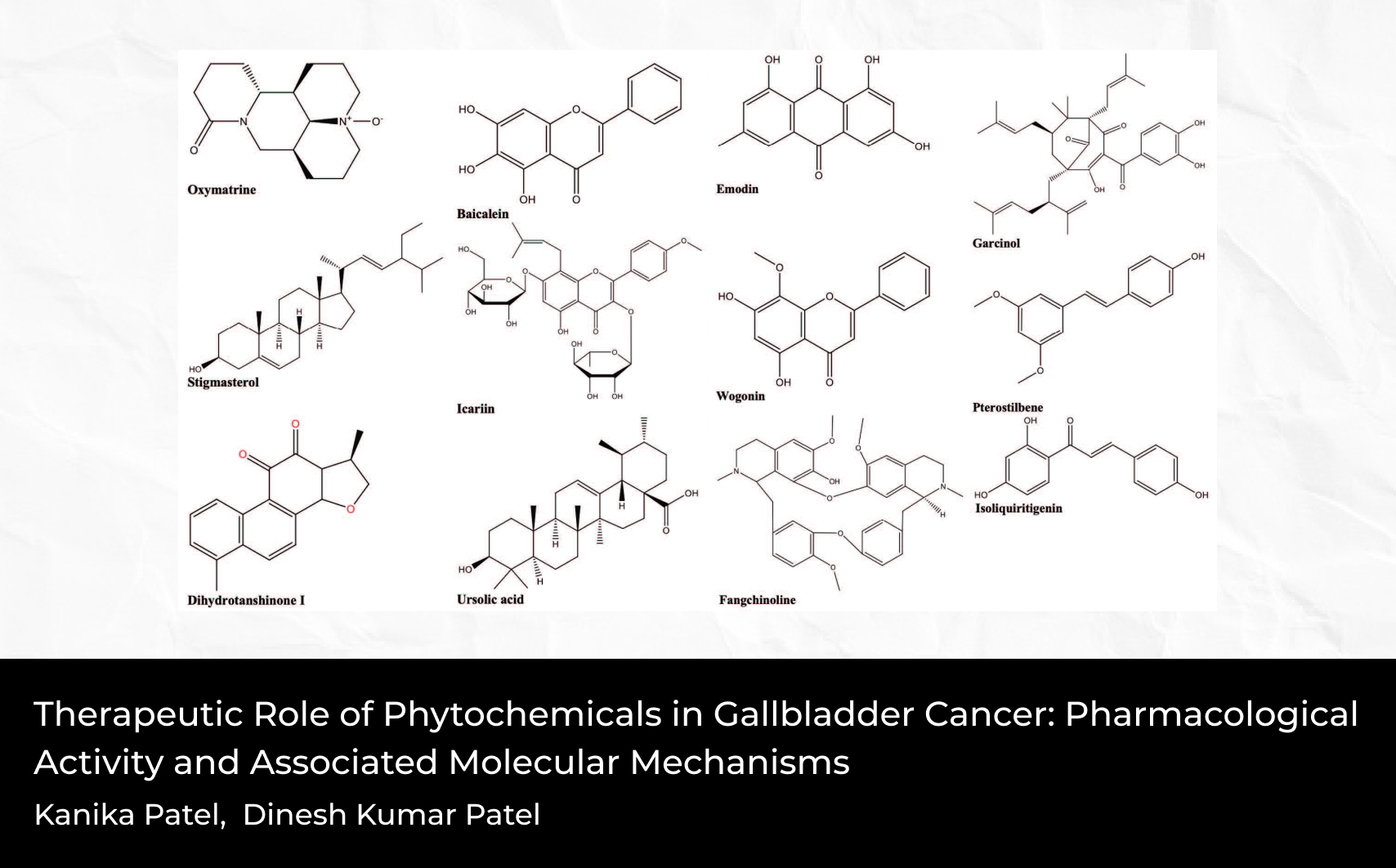
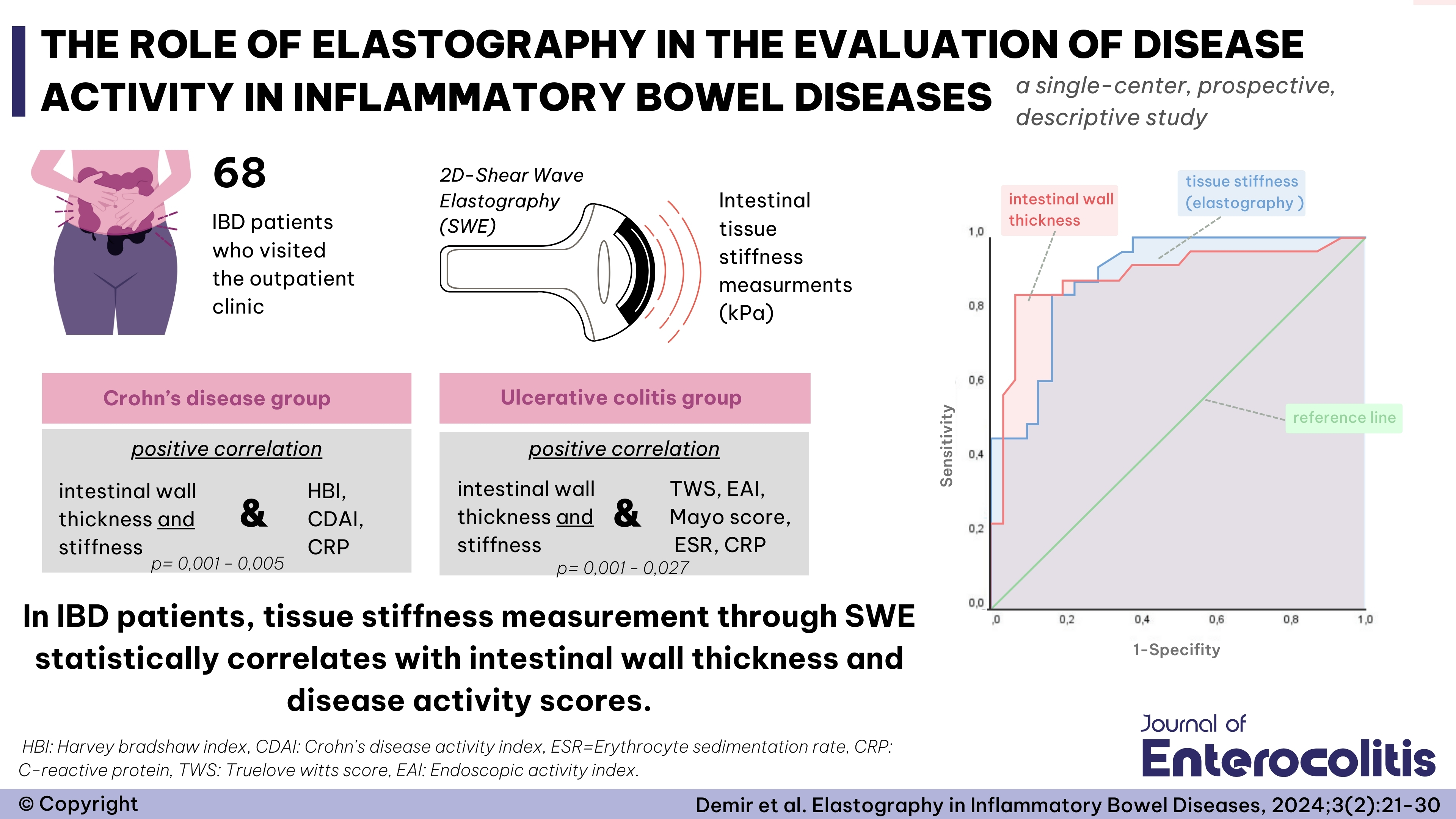

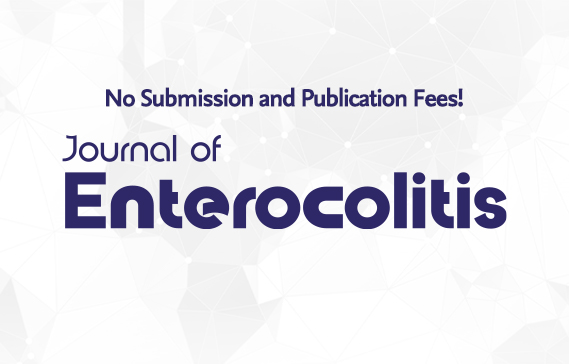
 İzzet Ülker1
İzzet Ülker1 






